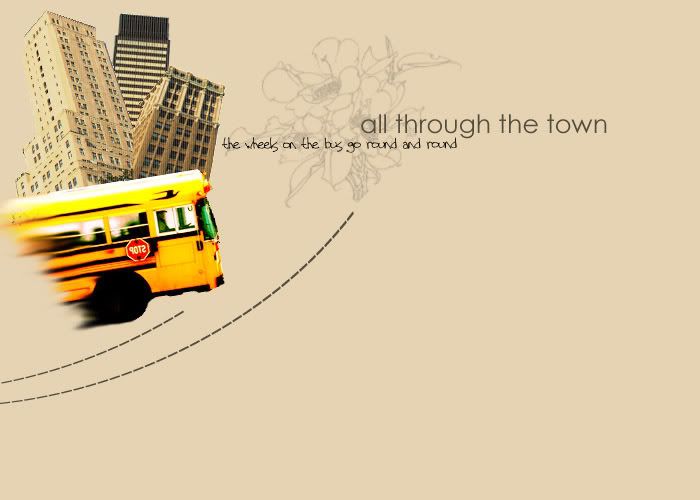Sunday, August 07, 2011
it's been one year. i still remember quite clearly how it was like organising nefmq 2010, but it's been one year. nefmq 2011 officially comes to a close today. it feels really weird, things happened so quickly and ended so fast it feels simply surreal. so this year, i wasn't the stage manager anymore. this year, i went up on stage to give a speech to all the profs/judges/friends/jc/poly students and their teachers, one of whom is an ex econs lecturer from hc haha. this year, i sat in between two profs at the front row instead of at the backstage controlling lighting/music etc.
big giant kudos to the organising committee, and all the awesome people who helped out in one way or another. all these will be nothing but great memories. the last official event, i'm glad it's nefmq, and it's almost time!!!
and for memory's sake,
NUS Economics Society President Opening Address
National Economics and Finance Management Quiz 2011
A very good afternoon to Associate Professor Tan Ern Ser, Vice-dean of the NUS Office of student affairs, Associate Professor Wong Wei Kang, Advisor to the NUS Economics Society, Dr Lee Soo Ann, Chairman of the NUS Economics Alumni, Mrs Tan Say Tin, Curriculum Planning Officer at the Economics Unit, Humanities Branch of the Ministry of Education, Mr Salim, a chartered financial consultant and immediate past president from the association of financial advisers (Singapore), ladies and gentlemen. A very warm welcome to the National Economics and Finance Management Quiz 2011! I am indeed honoured to be standing here today to address you.
As an Economics student myself, I often ask, what is it that I am studying and for what purpose I am studying it. Economics is a social science, and its definition is, “The branch of knowledge concerned with the production, consumption, and transfer of wealth”. But to me, Economics is not just a branch of knowledge; it is also a lens with which I can use to view the world and more specifically, to understand real world issues and to be able to make an impact.
In fact, when one looks around carefully, Economics is everywhere! It can be applied to everyday decision making processes, and can be particularly useful. Take for example the rule of marginality. I’m sure you have been told in class that optimization occurs at the point where marginal benefit is equal to marginal cost. Have you ever wondered whether that applies in the real world? Subconsciously, I think you have. Whenever you make a decision, you subconsciously or consciously weigh the marginal benefits and costs to the decision and then decide on what to do. For example, when you attend a buffet, the first bite into a piece of abalone will probably taste heavenly. The marginal benefit it brings to you is obviously high, whereas the cost of having to chew and swallow it is low. But as you eat more and more of it, such as when consuming the 20th piece, the benefit from consuming the abalone becomes extremely low, and the cost to you of potentially vomitting is really high! Hence to obtain the maximum utility, you should consume up to the point where your marginal benefit is equal to your marginal cost.
But aside from allowing you to make decisions about how much abalone to consume at a buffet, Economics also allows you to better understand real world issues and equips you with the tools that you will need to be a researcher, policymaker, or analyst. Economics has many insights about inflation for example, which is a pertinent issue that everyone faces. Singapore's inflation rate last month - driven by higher housing, transport and food costs - hit 5.2 per cent compared to a year ago - the highest level in five months since it peaked at 5.5 per cent in January. The pinch of higher prices may or may not be uniform across all income groups, but the question remains – how can one manage their finances given the rise in prices across the board?
It is precisely with the purpose of improving Singaporeans’ financial literacy that MoneySENSE, the national financial education programme, was set up in October 2003. It is also with this aim of improving the financial literacy of students, as well as to enhance the understanding of real world issues using Economics, that the NUS Economics Society organised NEFMQ; and we are extremely glad to have MoneySENSE as our main sponsor for this annual event.
I would like to take this opportunity to thank our sponsors: MoneySENSE, chapter 2, botak jones, gardenia, frolick, the public utilities board, as well as the NUS Office of Student Affairs, the NUS Office of Alumni Relations, and the NUS Economics Department for all their help and support rendered throughout the organization of today’s event. The organising committee for NEFMQ 2011, led by Abhinav and Hoiting, have also put in much effort and hard work into the smooth running of the quiz.
Last but not least, I will conclude by sharing that the reason why I enjoy Economics is because I believe that I can make a difference with it, so that I can be able to (quote The Economist), “ work to build society's safety net so that those hit by life's inevitable unfairness aren't left destitute and hopeless because of it." (end quote) And with that, I hope you have an enjoyable afternoon, and continue to enjoy and appreciate the beauty and study of Economics.
Thank you.
